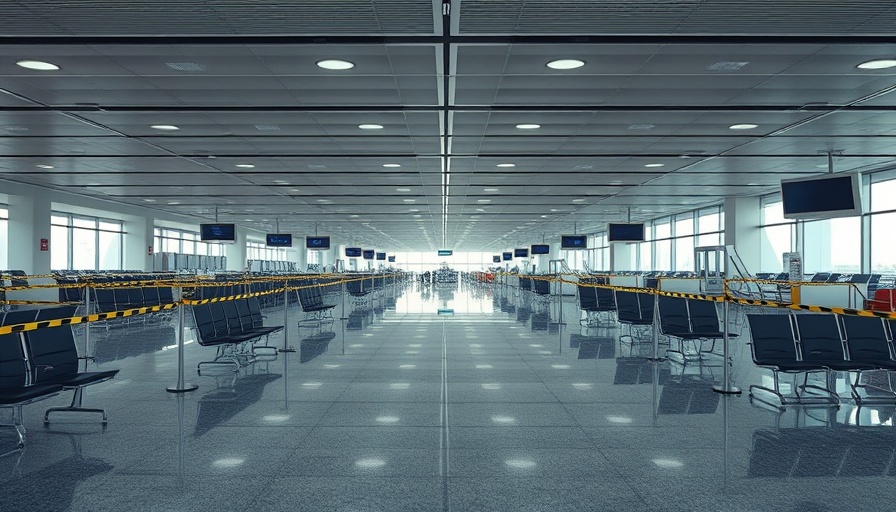
Strike Action Disrupts Major German Airports
On Monday, eleven airports across Germany, including significant transport hubs like Frankfurt and Munich, are set to experience widespread disruptions due to a coordinated strike action organized by public sector workers and ground staff. This industrial action is part of ongoing wage negotiations that have spurred unrest among employees, aiming for better working conditions and increased pay.
The Growing Tensions Behind the Strikes
The strike is being spearheaded by the ver.di union, which has outlined its demands for an 8% pay increase, translating to a minimum of €350 ($365) more per month, along with additional bonuses and extra days off. As the negotiations between the union and employers unfold, both sides remain at odds, leading to these significant operational halts.
Potential Impact on Traffic and Business
Travelers and logistics managers are bracing for cancellations and delays. With the strike set to affect operations at major international airports including Berlin, Stuttgart, and Düsseldorf, hundreds of thousands of passengers could see their travel plans disrupted. Airlines, particularly the German flagship carrier Lufthansa, are preparing for an influx of complaints from affected business travelers and holidaymakers alike, underlining the strike's potential ripple effect on supply chains across Europe.
Why Understanding These Strikes Matters
For aviation professionals, the labor disputes represent more than just temporary inconveniences; they highlight a growing trend in labor activism responding to economic imbalances. In recent months, similar strikes across various sectors, including healthcare and education, signal a widespread call for fair treatment of workers across the public service landscape in Germany.
The Bigger Picture: Observing and Responding
The strikes at German airports serve as a reminder of the interconnectedness of global trade routes and the aviation industry's reliance on stable labor relations. For logistics managers, this situation underscores the importance of contingency planning. Anticipating disruptions and fostering open communication with suppliers and customers can help mitigate the impacts of such delays effectively.
Actionable Insights for Travelers and Businesses
Travelers should stay informed and flexible, checking flight statuses frequently and considering alternative routes or dates to avoid delays. For businesses, it's crucial to have proactive measures in place, such as diversifying shipping routes and methods, to ensure operational continuity during such strikes.
As Monday approaches, understanding the motivations behind the strike can help all stakeholders better navigate the resulting disruptions and foster a more informed discussion around labor relations and their importance in various sectors.
 Add Row
Add Row  Add
Add 




Write A Comment